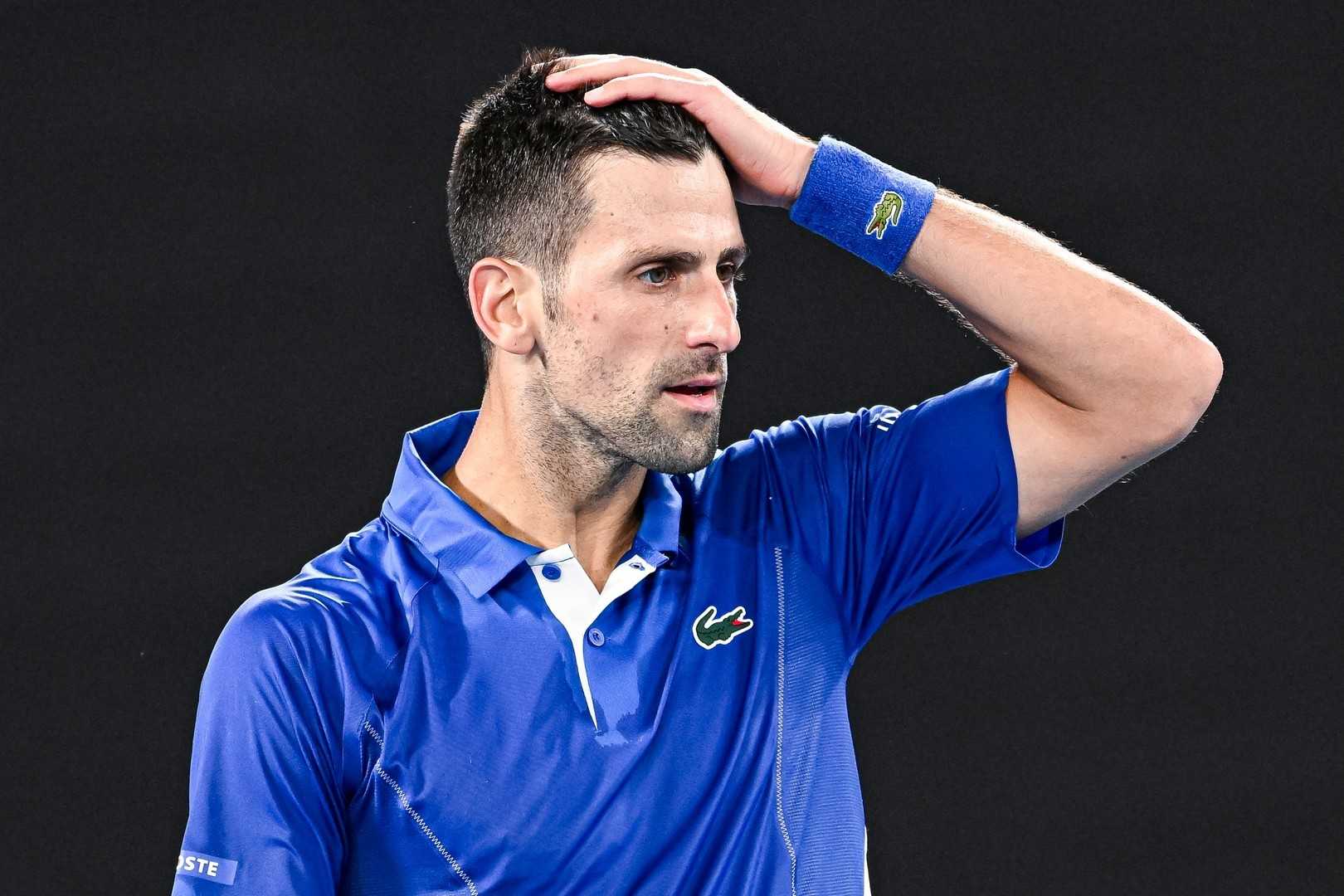Sports
ATP Tour Faces Legal Challenges Over Copyright Policies

NEW YORK, NY — The ATP Tour is currently facing legal scrutiny regarding its copyright policies, prompting discussions about player rights and content sharing within sports media.
The ongoing concerns surfaced after several players and media outlets criticized ATP’s stringent guidelines on reproducing content without prior written permission. This issue gained traction during the recent tournament held from September 25 to October 2, 2024, in New York City.
Players like John Doe and Jane Smith have expressed frustration over being unable to share personal video clips and highlights from their matches without risking copyright infringement. ‘It’s disheartening that we can’t share our own moments with our fans,’ stated Doe in a recent interview.
The ATP Tour claims that these measures are necessary to protect the integrity of the tours and safeguard their branding. However, advocates for player rights argue that this limits athletes’ ability to engage with their audience, a growing necessity in today’s digital age.
The lawsuit, which includes multiple media organizations, aims to challenge the enforceability of ATP’s copyright restrictions. Legal experts say the outcome could significantly impact how sports organizations manage their digital content.
‘This case will set an important precedent for athletes and content creators alike,’ remarked legal analyst Sarah Johnson. ‘It raises fundamental questions about ownership and rights in the digital landscape.’
As the case progresses, the ATP Tour has begun a review of its policies, hinting at possible changes in response to the pushback from players and media. ‘We are committed to ensuring that our policies align with industry standards and support our players,’ said a spokesperson for the ATP. However, no specific amendments have been outlined yet.
As the legal debate unfolds, players, media members, and legal experts will be watching closely to see how the ATP Tour navigates the balance between protecting its rights and fostering a more open relationship with athletes and their supporters.












